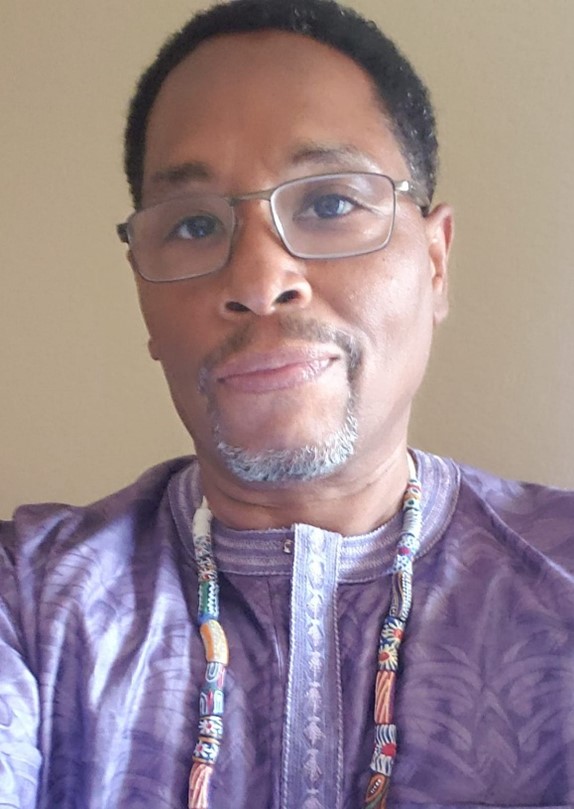Department Info
Latest News

Message from the Chair
“You Are Welcome"
Akwaaba! Titambire! Karibu! Welcome!
We warmly welcome you to our Web Page. We greatly appreciate your interest in the Department of Africana Studies. On this site you will find valuable information relating to our unique and dynamic program, faculty and staff. The Department of Africana Studies takes seriously our axiom that we provide “A Place Where Scholars, Thinkers and Leaders are Nurtured.” Our primary goal is equipping our students and the communities they emerge from with the knowledge, skills and competence to excel and thrive in an increasingly complex, multiethnic and multicultural world. Africana Studies serves as an excellent training ground to negotiate this emerging global terrain. People of African descent and their history and cultural traditions are at the foundation of human civilization and equally true have touched and influenced every continent on the globe.
Africana Studies is a Legacy rooted in the intellectual heritage of Africa and the Africa Diaspora; A Movement that emerged out of the African American freedom struggle in the United States in the 1960s and 1970s; A Tradition that privileges scholarship and social praxis with the aim of creating a just and egalitarian world. Since 1972 CSU Dominguez Hills’ Africana Studies Department has contributed to Five Decades of Building a Discipline that is unique, innovative and on the cutting edge of knowledge production and societal transformation. In 1995 we became the Department of Africana Studies and served as the national headquarters for the National Council of Black Studies and for nearly 30 years we have graduated leaders in various fields such as education, business, politics, theater, film, law as well as graduate and doctoral scholars in numerous fields.
We are a community of activist-scholars that are socially engaged and committed to intellectual rigor. We work collaboratively with our student organizations, the Black Student Union, Organization of Africana Studies as well as university and community-wide organizations such as the CSU Dominguez Hills Black Faculty and Staff Association, Fannie Lou Hamer Queen Mother Society, Black Resource Center and the Male Success Alliance. We welcome you to visit us and embark upon your journey to discovering the world of Africana! Our faculty are here to serve you and help you achieve your goals.
We also offer a wide variety of co-curricular opportunities such as a Distinguished Speaker Series, MLK Symposium, Black History Month Programming, and opportunities for student participation in national research conferences.
Current students and alumni regularly comment on both the intellectual rigor and the life-affirming value of our Africana Studies community. We invite you to explore our offerings and contact us with any questions.
Salim Faraji, Ph.D.
Chair, Africana Studies